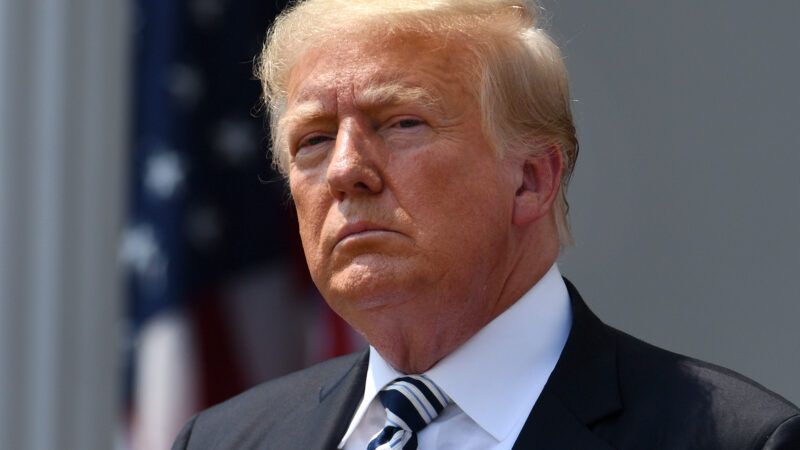Trump's Class Action Lawsuit Against Facebook, Twitter, and YouTube Is an Absurd Farce
It will fail, and fail badly.

Former President Trump has filed class action lawsuits against Facebook, Twitter, and YouTube alleging that the social media companies violated his free speech rights. His argument is completely absurd and will be laughed out of court.
The three lawsuits assert that the above-mentioned social media companies are so large and powerful that they constitute de facto "state actors." Thus, the decision to expel Trump and some of his supporters from their platforms is government censorship.
"As such, defendant is constrained by the First Amendment right to free speech in the censorship decisions it makes regarding its Users," writes Trump's attorneys in each of the suits.
This is obviously wrong. Facebook, Twitter, and YouTube are not state actors. It was Trump filling the role of state actor at the time of the social media bans. The First Amendment does not compel private entities to hand the government a megaphone; it constrains the government from requiring private entities to engage, or not engage, in speech. As NetChoice's Steve DelBianco points out, "The First Amendment is designed to protect the media from the President, not the other way around."
Yet the lawsuits rest entirely on this backward reading of the First Amendment. "Defendants' callous disregard of its Users' constitutional rights is no better exemplified than in the matter currently before the Court," write Trump's attorneys. Users of Facebook, Twitter, and YouTube do not possess constitutional rights that protect them from actions taken by Facebook, Twitter, and YouTube. Their constitutional rights protect them from the government—from people who occupy positions like the one Trump formerly held. If, while still in office, Trump had responded to his social media ban by issuing an executive order demanding that Facebook and Twitter reinstate him, the tech companies could have sued him on First Amendment grounds.
To the extent the lawsuits assemble any kind of argument, they attempt to make the case that Section 230—the federal statute that shields online media platforms from liability—is unconstitutional. The lawsuits advance no argument for why that would be the case, nor is there any reason to think a court will agree. (Associate Supreme Court Justice Clarence Thomas, who thinks the Court has misinterpreted Section 230 and given tech companies too much protection, is very much an outlier on this matter.) But even if one of these lawsuits somehow resulted in Section 230's demise—and again, it won't—this still would not obligate any social media company to let Trump back on its platform. If anything, a world without Section 230 would be a world in which social media companies are even more skittish about provocative right-wing speech.
Congress could tinker with Section 230, and bureaucrats at the Federal Trade Commission could chip away at Big Tech's autonomy (likely to the detriment of free speech online), But Trump's lawsuit is going absolutely nowhere.
